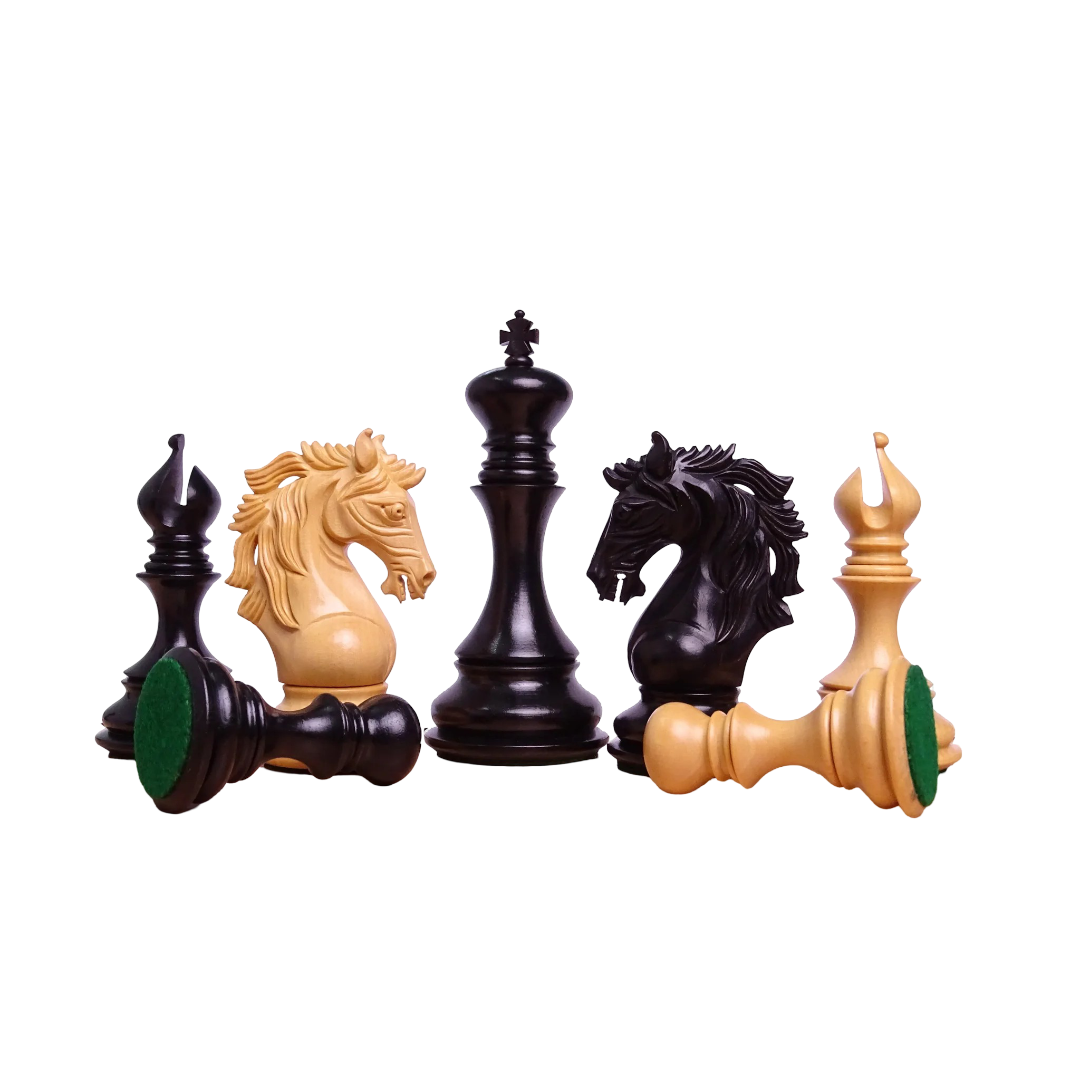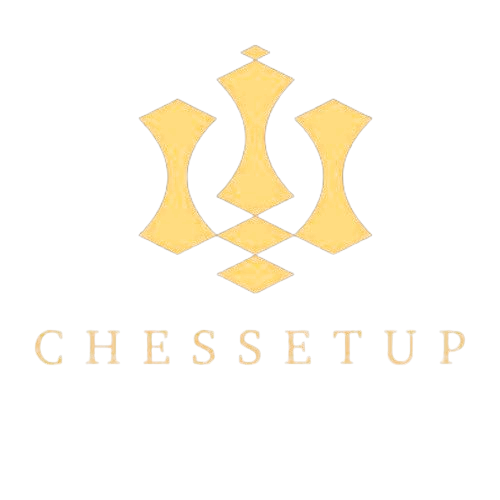What are Chess Openings?
Chess openings are the initial moves made by players at the beginning of a game. They set the stage for the rest of the match, influencing the development of pieces and overall strategy.
Why are Chess Openings Important?
Chess openings are crucial as they can determine the outcome of the game. A strong opening can lead to a favorable position, while a weak one can put a player at a disadvantage.
Top 4 Chess Openings
1. Ruy-Lopez Opening: Also known as the Spanish Opening, it is one of the oldest and most respected openings in chess. It involves moving the pawn in front of the king two squares forward, followed by the knight.
2. Sicilian Defense: This popular opening begins with black playing c5, challenging white's center control. It leads to complex and dynamic positions, offering both players opportunities for attack.
3. Queen's Gambit: A classic opening where white sacrifices a pawn to gain control of the center. It is a solid and strategic choice that can lead to a positional advantage.
4. King's Indian Defense: A favorite among aggressive players, this opening aims to control the center with pieces rather than pawns. It often leads to sharp and unbalanced positions.
How to Master Chess Openings
1. Study: Learn the key ideas, strategies, and variations of each opening. Understand the goals behind the moves to make informed decisions.
2. Practice: Play games using the openings to gain experience and improve your understanding. Analyze your games to identify strengths and weaknesses.
3. Stay Updated: Keep up with the latest developments and trends in chess openings. Follow top players and study their games to learn new ideas.
4. Experiment: Don't be afraid to try different openings and adapt to your opponent's style. Flexibility and adaptability are key to success in chess.
Mastering the top 4 chess openings can give you a competitive edge and improve your overall performance. By understanding the principles behind these openings and practicing regularly, you can enhance your strategic thinking and decision-making skills on the chessboard.





